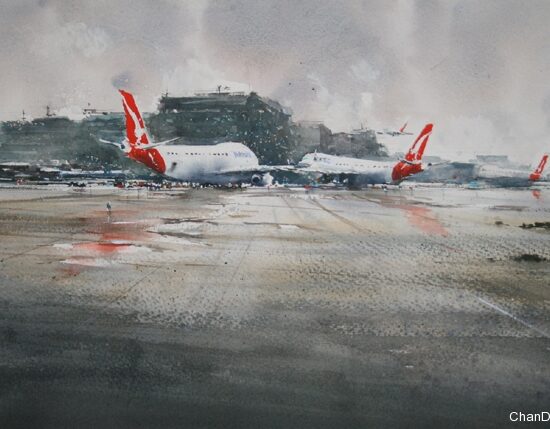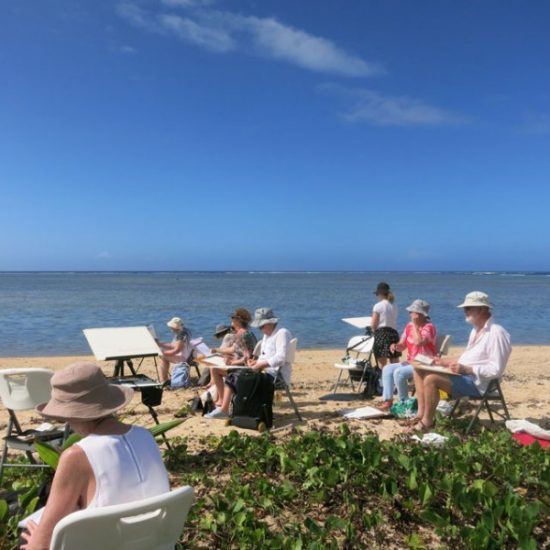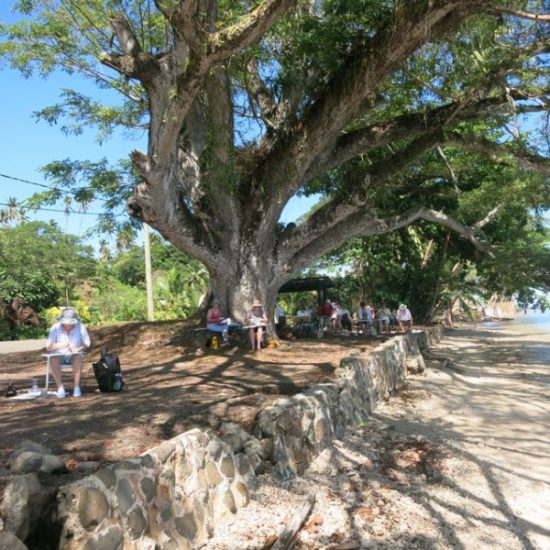The magic language of watercolours: with Chan Dissanayake : 7 – 14 June, 2025
per person
The magic language of watercolours
Chan Dissanayake is a widely respected teacher and will guide you through the process of finding the simplest way to capture your subject. He returns to Fiji after his fist visit in 2023, where he was entranced by the rich subject matter all around.
Artists of all skill levels are welcome.
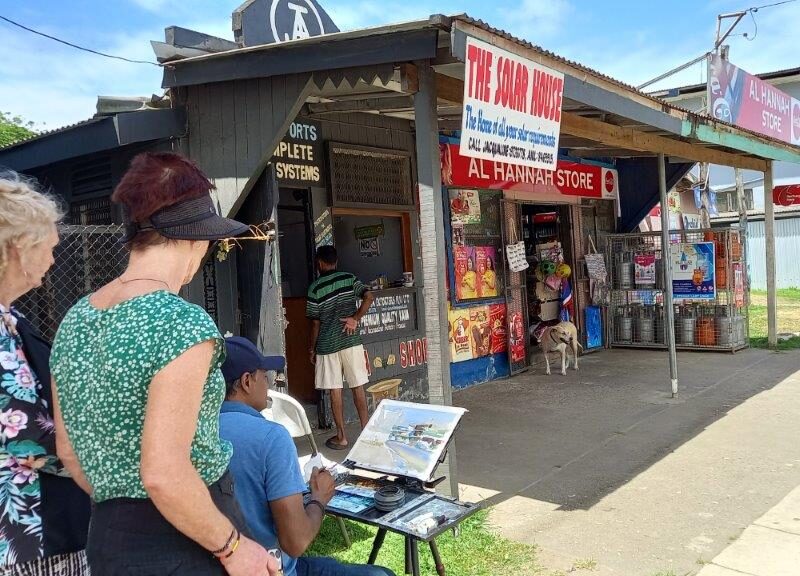
Price includes:
- Daily workshops with Chan Dissanayake with personal attention
- Accommodation – choose from our bures at the front (Ocean View bures), or at the back (standard rooms) – or ask us about our two bedroom villas.
- Meals : breakfast, lunch and dinner – a mix of local Fijian and Indian food and international recipes
- Excursions: snorkel on the fabulous coral reefs, bathe in glorious waterfall, revel in the abundant nature of the landscape and experience the rich Fijian culture.
You just need to buy your air ticket and art materials, and leave the rest to us.
PS Bring along your non-painting partner too – there’s plenty for them to do whilst you’re painting, and they can join all the organised excursions on your programme too.
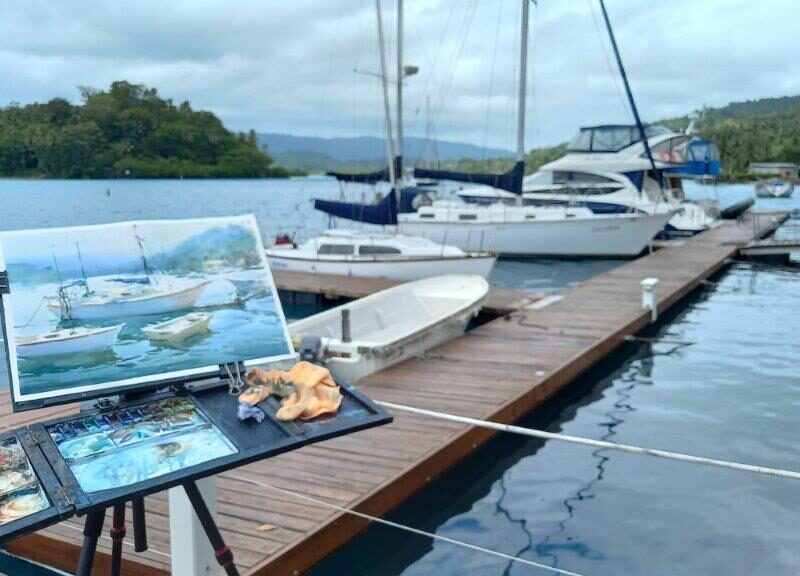
Overview of the week's course
Chan is well known for his generosity in sharing his insights and experiences in watercolour. His innovative approaches to teaching include models, slides, computer animations to explain the theory, then applying the theory in plein-air painting. Each student will receive personal attention and encouragement.
Mornings are given to a three hour workshop when Chan will often do a demonstration and then move around the class to give individual attention and advice.
“ My works represent my inner response to the world around me. As an artist, my aim is to capture an impression of my subject with as little detail as possible. This is done by simplifying the subject matter to its core elements. I find that watercolour is a tailor made medium for this purpose.”
Beginners and partners welcome.
Meet your instructor.
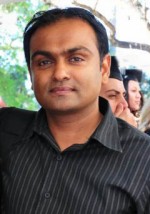
Chan Dissanayake is a multi-award winning watercolour artist living in Canberra, Australia. He is a highly regarded tutor and a well-respected judge of local and regional art awards. Over the last 15 years his passion has turned to watercolour. A medium that thrives in spontaneous response and free expression. His mastery in watercolour is manifested by the vast varying subject matter that he tackles from rural landscapes, urban city scapes to coastal seascapes. In 2017, Chan received the ultimate accolade for an Australian Watercolourist when he was elected to the elite Australian Watercolour Institute. Known for his innovative approaches to teaching and generosity in sharing his knowledge, Chan has gained considerable reputation as an outstanding tutor and conducts workshops throughout the country as well as leading International Painting tours. currently he teaches watercolour at the ANU (Australian National University). He has contributed many articles to leading art publications including Australian Artist and Artists Palette. His quick and direct approach to watercolour has earned him much success and respect both nationally and internationally. Currently his work is represented at the Bungendore woodworks gallery, Bungendore.
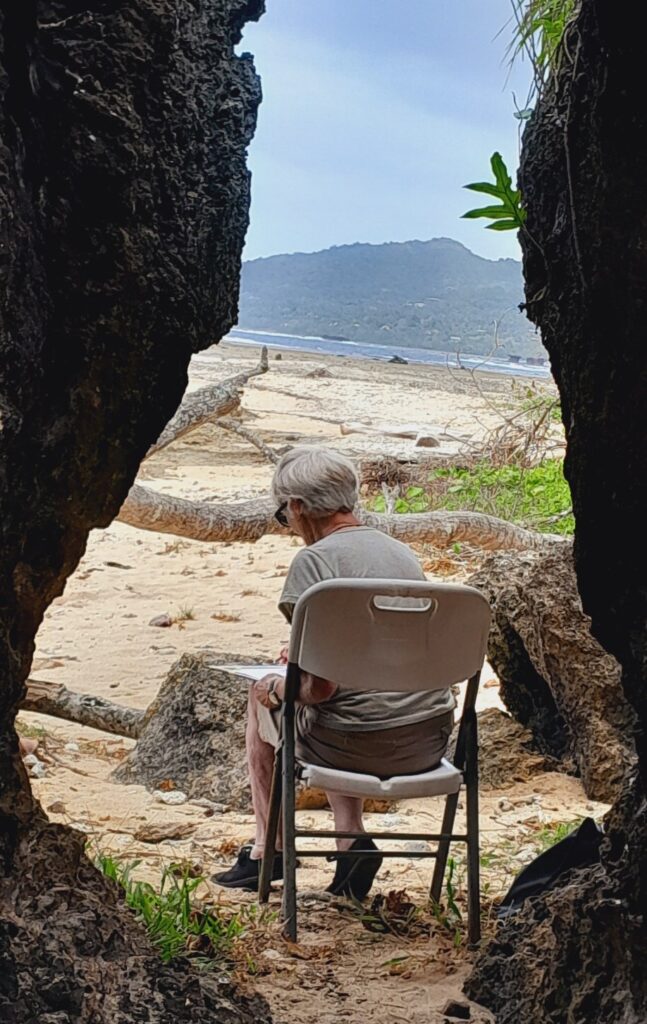
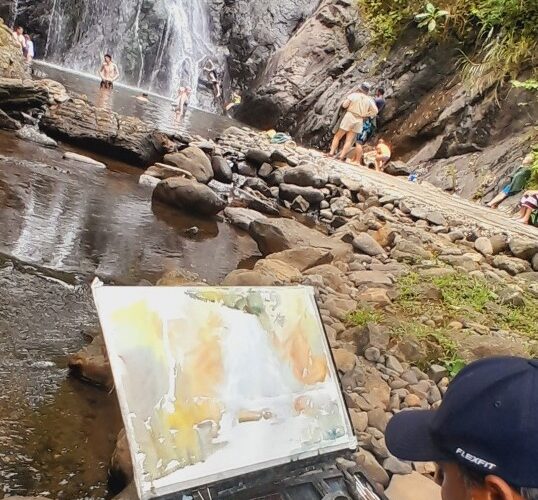
Any questions? Drop us a line.
OR BOOK NOW! Prices per person
Choose from the following accommodation options:
REAR BURE Standard room – Twin Share AUD $2650
REAR BURE Standard room, Single AUD $3100
Traveling with non-participating partner (rear bure), AUD $1650 – total for you ($2650) and your friend AUD$4300
FRONT BURE: Twin Share Room , AUD $3050
FRONT BURE: Single Room , AUD $3500
Traveling with non-participating partner (Ocean View bure), AUD $1950 Total for you (A$3050) and your friend: AUD$5000
Please indicate your choice on the booking form in the comments section. We will invoice you for the balance of payments three months before the course.
We ask for a $400 non-refundable deposit to secure your place on the booking form below. If the course does not go ahead and we cancel for any reason, we will refund it in full.
Watercolours with Chan Dissanayake: 7 – 14 June, 2025
AUD $400
BOOKING:
Course Summary
Dates: 7 – 14 June, 2025
Teacher: Chan Dissasnayake
Title: The magic language of watercolours
Programme: Daily morning workshops of 3 hours
Suitability: All levels
Excursions and extras: Visit to waterfall, beach picnic, village visit
Food: Three meals a day.
Itinerary: Arrive Savusavu Satuday. Course starts morning Sunday, ends evening Friday. Depart Savusavu Saturday morning.
Materials: A list of materials to be purchased for the course is given below.
About the Workshop
“Watercolour is a demanding medium. It is paramount that one learns the language of watercolour. Only then you can command it to do its magic for you.”
The truly magical qualities of watercolour can best be demonstrated in portraying atmospheric effects, using the wet-in-wet technique. We will paint a variety of subjects, exploring the beautiful Daku Resort and the surrounding areas of the Island in Fiji.
Completing a full painting each day from start to finish; each painting will be chosen to demonstrate a certain technique and key learning points. There will be lots of useful discussions as well as tips on how to avoid potential pitfalls.
What To Bring
Chan’s materials list:
When it comes to materials, I would highly recommend buying the best quality materials you could afford. These will make a significant difference to your work and avoid unnecessary frustrations. In the list below I have avoided, where possible any unnecessary expensive materials and provided you with cheaper alternatives.
Paper
Saunders Waterford 300GSM Rough Surface or Arches 300GSM rough or medium texture. (I mostly use rough, also it is much more economical to buy the full sheets and cut it into various sizes.) These are available from all major art suppliers. For students trying to use quarter sheets, you can use Arches 185GSM medium surface (Cold Pressed) which will be little cheaper. Alternatively you may want to buy blocks which come in books (expensive). I encourage the students to work in half or quarter sheet papers. Most of my demonstrations will be done on half-sheets or quarter-sheets.
Brushes
I use a medium size squirrel mop brush with a sharp point (Size 8 to 12) for most of my paintings. As the sizes vary with different manufacturers it is difficult to specify an exact size. A good quality brush will hold lot of pigment and present a sharp point when fully loaded.
You don’t need to buy Sable brushes which are very expensive, but please get a few artist quality brushes. It will make a significant difference to your work.
Essential Brushes
- Medium Size squirrel hair or natural hair Mop brush ( Size 8 to 12)
- Size 12 round Brush with sharp point (Synthetic or Natural hair)
- Size 8 Round with sharp point (Synthetic or Natural hair)
- Size 0 or 1 Rigger (Synthetic)
Extra Brushes (Optional)
- Size 6 Dagger also known as a “Sword brush” (Natural Hair)
- 1” inch Flat Brush (Synthetic)
- 2” inch Hake (Natural Hair)Paint
If you already have watercolour paint, bring what you have. But If you are buying please make sure you buy artist quality paints. I prefer to use tube paints, they can be left on the palette to dry and can be reused. There are well known artist quality paints available, but mainly I use Windsor & Newton due its excellent quality and vibrancy. Even Its student grade paints Cotman is superior some of the other artist quality brands! Essentially you will need warmer and cooler primary colour.
Essential Paint
Blues
- cerulean blue (Cool )Website: www.chandissan.comEmail: [email protected]
- ultramarine blue (Warm)
Yellows
- Raw Sienna or Yellow Ochre (Cool)
- Cadmium Yellow Light (warm)
Reds
- Cadmium Red Light (Warm)
- Alizarin crimson (cool)
Darks
- Burnt Sienna
- Neutral Tint
Extra Paint (Optional)
- Cobalt blue
- Turquoise blue Light
- Raw Umber
- Chinese White
- Quinacridone Gold or Australian Red GoldWatercolour Board
You will need a board for mounting the watercolour paper. These are available from art stores but a cheaper option is to get them from a hardware shop. A board with some sort of coating will be desirable as it will be saturated with water. (We have plenty of boards at Daku – they are not coated but have been used by many watercolourists before.)
Field Easel (if includes plein-air/outdoor work)
If you have a light-weight foldable easel it would be most suitable. However a foldable stool is also ok as you can sit and rest the watercolour board on your knees for painting. (We always take chairs from Daku with us on location so don’t worry too much about a stool.)
Mixing palette: Plastic or Metallic mixing palette with sufficient wells for mixing large washes. I use a foldable mixing palette from Holbein (Japanese brand), although little expensive a good investment. However there are inexpensive plastic imitations that serve just as well. White porcelain plate or butchers tray would also be fine.
Other Extras:
- 2B Lead Pencil or Mechanical Clutch pencil with fillable 2B Lead
- Box of tissue paper
- Water container (we have plenty of plastic bottles at Daku)
- Water spray bottle – Atomizer
- Masking Tape or Paper clips
- Old towel or sponge to remove/control excess water
- Failed or old painting so we can use their backs for rough work.
- iPad / Tablet to use for reference photos
Accommodation
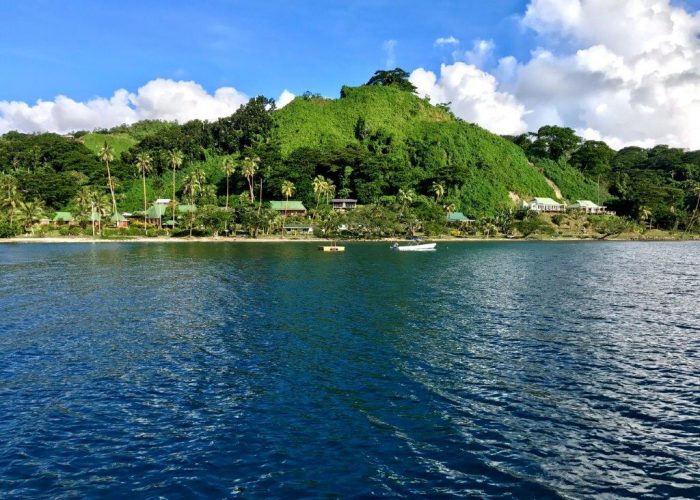
You’ll stay with us at Daku Resort, Fiji.
Accommodation is packaged with your course: we are offering a choice of standard rooms in our rear bures, or ocean view bures at the front .We have a number of two and three bedroom houses and villas so if there are a small group, we can quote you on those.
Additional Adventures
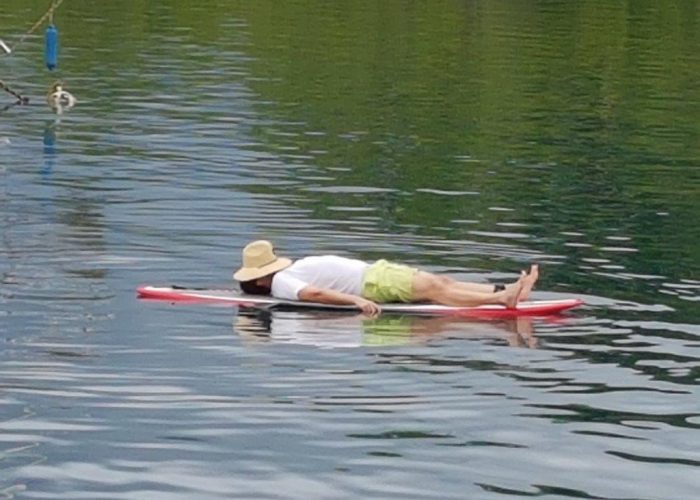
What to do in your free time.
We’ve arranged a number of excursions as part of the course (see Programme tab on the menu bar above). We also offer a range of other activities inside and outside of Daku Resort (please note that unless they are part of the programme, some activities, such as massages and those requiring equipment hire, may have additional costs).
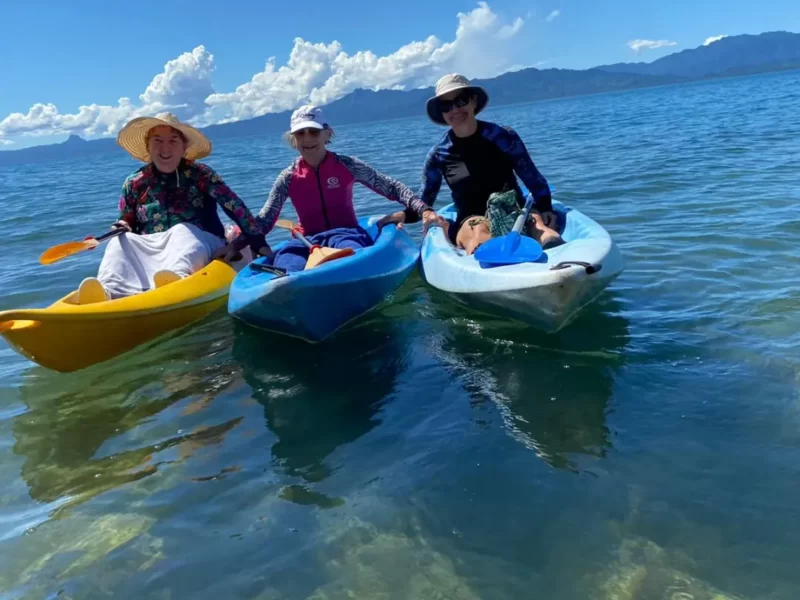
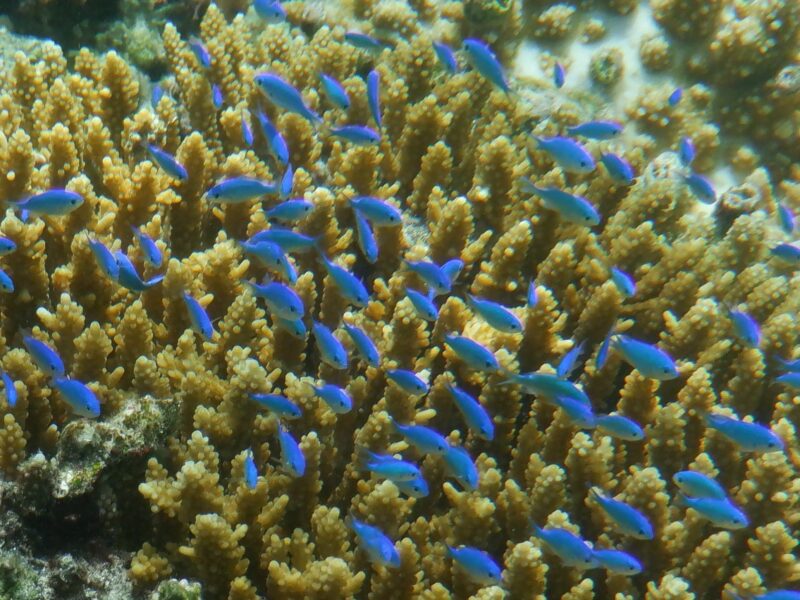
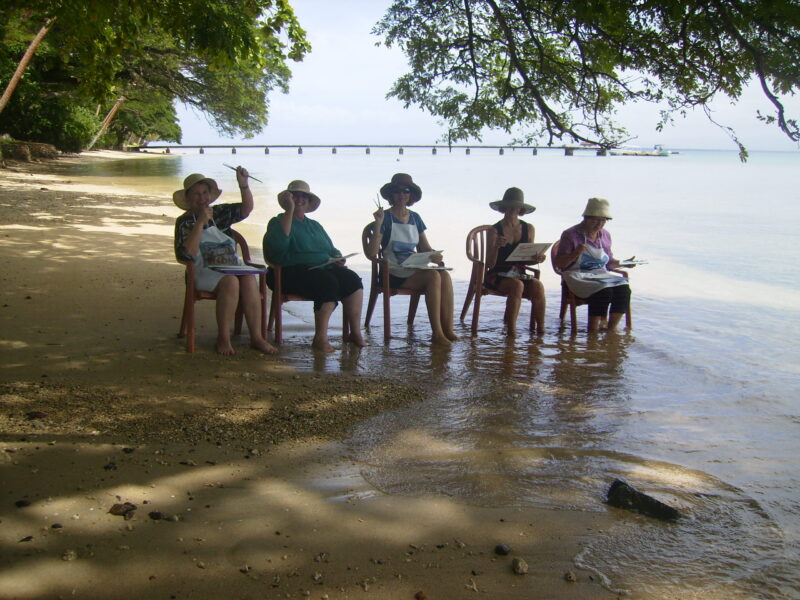
TESTIMONIALS
Chan is an extremely talented and patient art teacher. The locations provide excellent subject matters which become wonderful paintings.
I would highly recommend Chan for his watercolour workshops in Fiji.
Vicki – Melbourne, Australia.
As a friend and fellow-painting friend, I have known Chan Dissanayake for many years. He is a very experienced & excellent water-colourist with a considerable reputation. He has travelled widely to take courses, both overseas and in many areas of Australia. Chan is a gentle man, patient and generous with time & assistance.
I have recently enjoyed very much a week painting with him and others at Daku Fiji Resort.
Jill, Canberra
Our location : Savusavu, Fiji
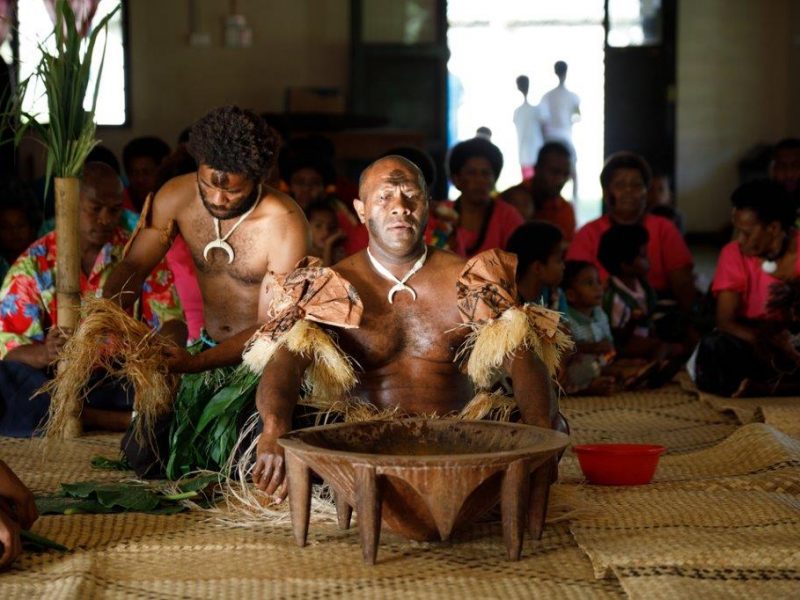
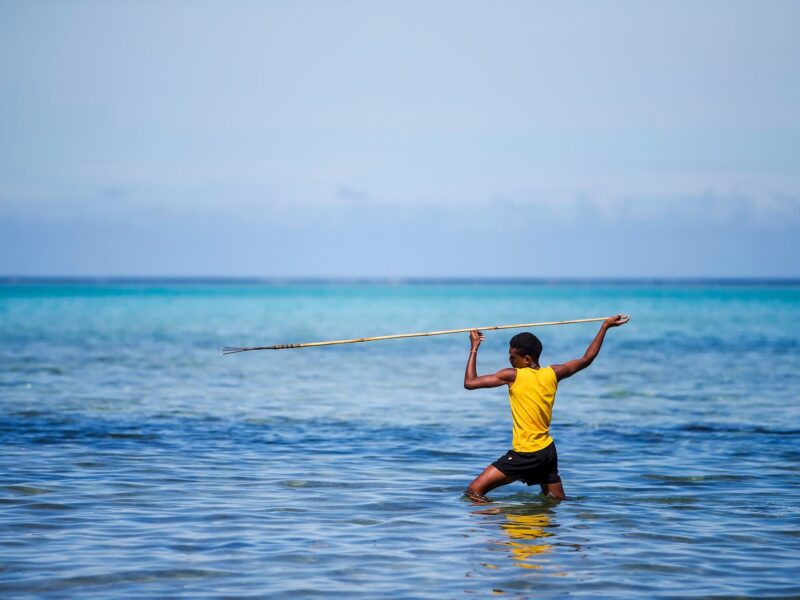
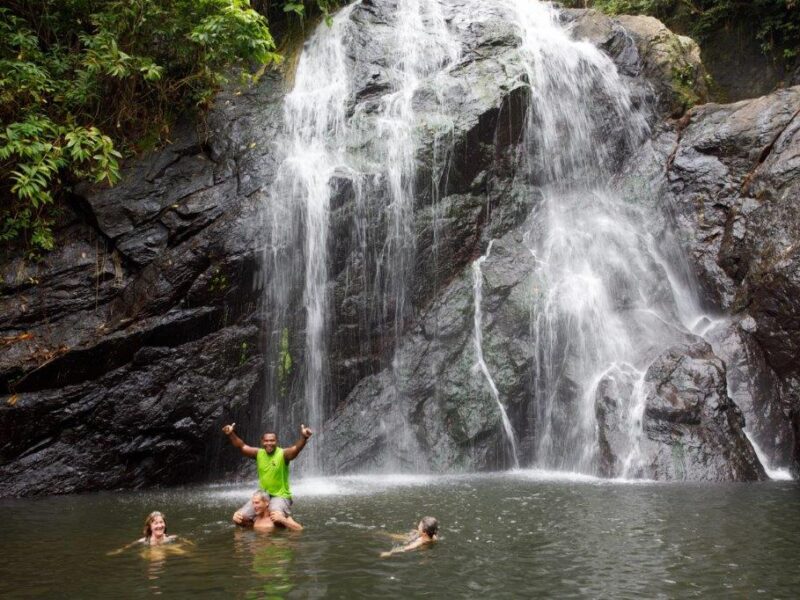
During this week, you’ll enjoy the rich culture and unspoilt nature of Fiji, the place where happiness comes naturally. We’re in Savusavu in Fiji’s North – known as the Hidden Paradise because it really is! We’ll take you out to snorkel on the beautiful coral reefs, to plunge into fresh waterfalls, to visit traditional Fijian villages where you’ll see a deeply hospitable corner of Fiji.
We’ve got a full programme planned – with some spare time to just relax.
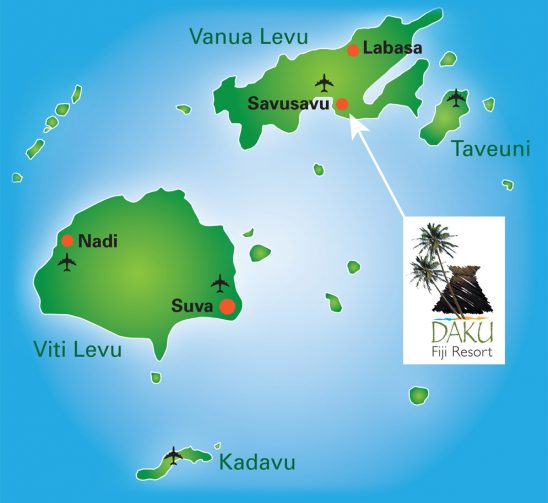
Our accommodation: Daku Resort
We’re located at Daku Resort near Savusavu in Fiji. It’s a small and comfortable resort: you can choose from Ocean View bures, or standard room rear bures.
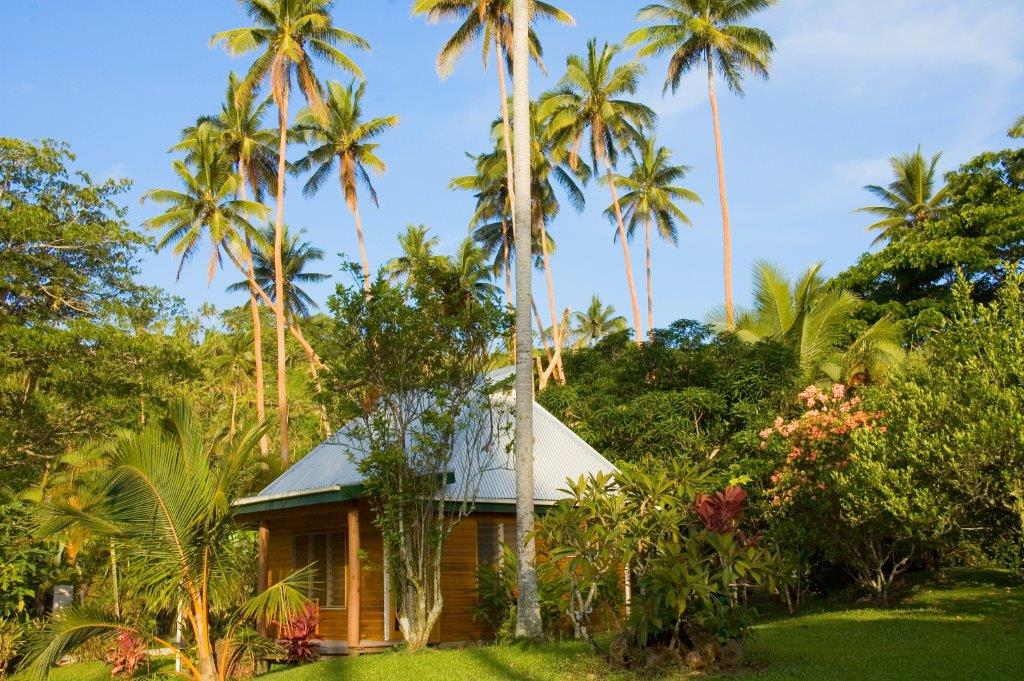
Ocean View bure
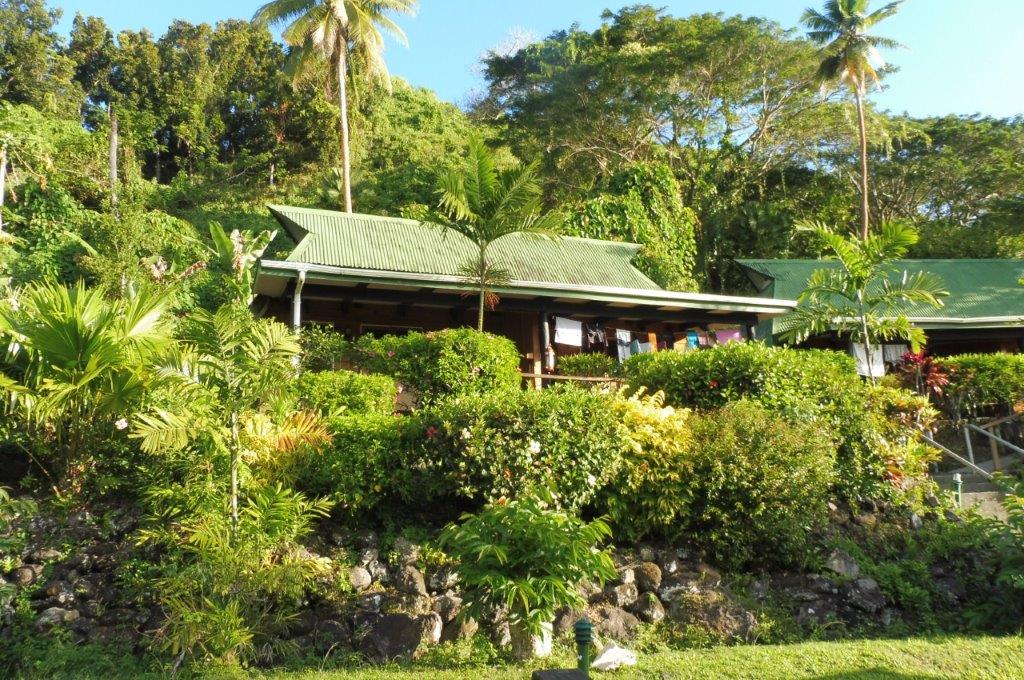
Standard room – rear bure
-
Included
AccommodationAll Workshop FeesDining & MealsLectures & ExcursionsTransfers from Savusavu Airport -
Not Included
Alcoholic BeveragesEquipment & SuppliesFlights/TravelNon-Course ActivitiesTravel Insurance
Saturday
- Arrive in Savusavu.
- 6.00 pm Welcome ceremony
- 7.30 pm Dinner
Sunday
- 9.00 am – 12.30 pm Workshop
- 1.00 pm Lunch
- Afternoon: Free time
- 7.30 pm Dinner
Monday
- 9.00 am – 12.00 pm Workshop
- 1.00 pm Lunch
- 2.00 Handicraft display and tapa making demonstration: some of the local women will come to display and sell their jewellery. One of them will give a demonstration of making tapa – the decorated Fijian bark cloth.
- Afternoon: Trip to Savusavu Town to see local market and shop. Savusavu town is a mile away (just 5 minutes in a taxi). We will send you in by taxi and then leave you to wander round and make your own way back by taxi – it’s FJ$4 (US$2).
- 7.00 pm Dinner
Tuesday
- 9.00 am – 12.00 pm Workshop
- 1.00 pm Lunch, followed by a trip to local village to sketch, and then see the traditional meke dance performed with an entrancing energy by the villagers.
- 7.00 pm Dinner
Wednesday
- 9.00 am – 12.00 pm Workshop
- 1.00 pm Lunch
- Afternoon: Trip to waterfall: this is about 25 minutes’ drive and is a beautiful natural fall where you can plunge into the cool clear water and swim.
- 7.00 pm Dinner
Thursday
- 9.00 am – 12.00 pm Workshop
- 1.00 pm Picnic Lunch and swimming at Devodara Beach or Buli Kula. Return to Daku approx. 3.30 pm.
- 7.00 pm Dinner
Friday
- 9.00 am – 12.30 pm Workshop
- 1.00 pm Lunch
- 7.30 pm Final Fijian dinner

